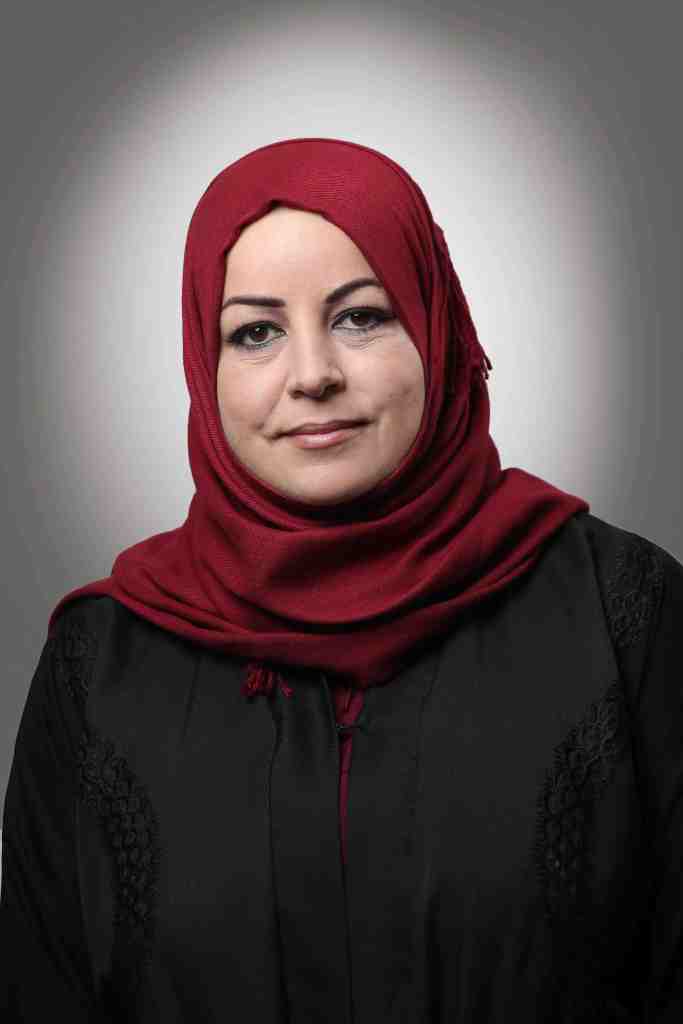Benefits of integrating Arabic language learning with your child’s early education
At the Royal Grammar School Guildford Dubai, we know how important the Arabic language will be to your child’s development. Lessons will focus on experiencing the culture: whether through song, stories, or tales from the Arabic speaking world, your child will be immersed in the rich heritage of the UAE and beyond.
Our Head of Arabic and Islamic Studies, Sajida Al Bashir, has 24 years of experience teaching and leading both Arabic and Islamic Studies departments in schools across the region, and will carefully oversee our curriculum to ensure that we help our children in their journey of discovery of the Arabic language.


Bringing children up in a foreign country brings all kinds of challenges, from being away from family to integrating in to the culture of your host country. As an Arabic speaking country, the UAE is no different – but some may say it is even tougher in a country where English is so widely spoken, and where Western influences are part of our daily lives. So – why should our children learn Arabic? The benefits are boundless, and in this article, we will detail how your child will benefit both academically and socially from immersing themselves in this new language and culture.
In the UAE, Arabic is compulsory for all pupils, in an aim to bring the entire community of young learners together in an appreciation for the culture of the country. Pupils in the UAE are taught standard Arabic, which differs from national dialects, but which will enable them to understand the news, the weather and media across the entire Arab-speaking world. With over 422 million speakers of Arabic worldwide, Arabic is also one of the United Nation’s six official languages, opening a myriad of doors to those who are able to use it to communicate.
Expanding cultural interaction opportunities
The UAE can often be seen through one lens – that of the shopping malls and beautiful beaches of the country we call home. The emirate of Dubai alone is home to over 200 different nationalities – a veritable melting pot of culture and language. Whilst this gives rise to an incredibly varied choice of experience, we also run the risk of missing out on the rich history and indeed present of the UAE if we do not step just a little off the beaten track.
Whilst wandering the streets of Al Fahidi, exploring the oasis lined paths in Hatta or climbing to the ancient villages in the mountains of Ras al Khaima, you will encounter Emirati men and women who will absolutely delight in any small phrases or words you can say in Arabic, and will be overjoyed if they come across children who can do the same. Through learning the local language, your child will naturally and seamlessly integrate into the society in which they are spending their childhood, creating bonds and memories that will last a lifetime.
A growing language of business
While English is the language of international business in Dubai, the UAE’s own industries are fast-growing, and employers are always on the lookout for Arabic speakers who can breach this language barrier. In such a multinational part of our globe, the badge of bilingualism will set would-be employees apart from the thousands, giving them a competitive edge in an array of sectors. Local media and translation industries are always looking to employ bilingual English/Arabic speakers as are businesses looking to expand in the region, or to reach further afield from the Middle East.
Arabic is also an integral part of the aviation industry in this part of the world. Emirates, one of the most highly rated airlines worldwide, actively hires Arabic speakers in all roles, from engineers to pilots, from regional management to marketing specialists. The UAE is also home to Etihad airways, based in Abu Dhabi – another airline upon whose development the Arabic language, history and heritage has played a key role over the years.
With such a wide reach of Arabic speakers, it´s important to remember that the use of this ancient language is not just confined to the UAE. The ability to converse in Arabic will prove invaluable to those pupils wishing to pursue a career in the politics, diplomacy or intelligence sectors. Even outside the Arabic speaking world, financial and legal firms also require Arabic speakers to support international cases or to provide services to those clients for whom Arabic is their mother tongue.
Bilingual advantage
Starting your child early with another language can give them a cognitive advantage over their monolingual peers. Bilingual children are known to exhibit improved executive function, cognitive flexibility and creativity, as well as the ability to learn further language compared with children who only speak one language.
Learning a language as a child is key to developing fluency. In 1967 the linguist Eric Lennenberg proposed that; in order to capitalise on certain processing functions in the brain, second languages should be introduced after the age of two and before puberty. This critical period gives children the best possible chance of developing high levels of fluency – an opportunity that rapidly decreases once this time frame closes. Pupils at RGS Guildford Dubai will access Arabic lessons from FS2 onwards, giving them years to develop their fluency before this window closes. Along with English as the main language of instruction, and Arabic, our pupils in the Prep school will also learn Spanish in Years 1 & 2, French in Years 3 & 4 and Mandarin Chinese in Years 5 & 6.
Here at RGS Guildford Dubai, we know how important the Arabic language will be to your child’s development. To that end, our curriculum incorporates intensive, fun-filled classes, utilising native and highly experienced teachers to give our pupils the broadest scope of instruction possible. Lessons will focus on experiencing the culture: whether through song, stories, or tales from the Arabic speaking world, your child will be immersed in the rich heritage of the UAE and beyond.
Whilst the integration of the skills of reading, writing, speaking and listening will be a central part of our lessons, our main focus is that our pupils develop a love and affiliation for their second culture. This passion is reflected in our highly qualified Arabic teachers, who are not only expert linguists but also excellent academic practitioners. Our Head of Arabic and Islamic Studies, Sajida Al Bashir, has 24 years of experience teaching and leading both Arabic and Islamic Studies departments in schools across the region, and will carefully oversee our curriculum to ensure that we help our children in their journey of discovery of the Arabic language.

